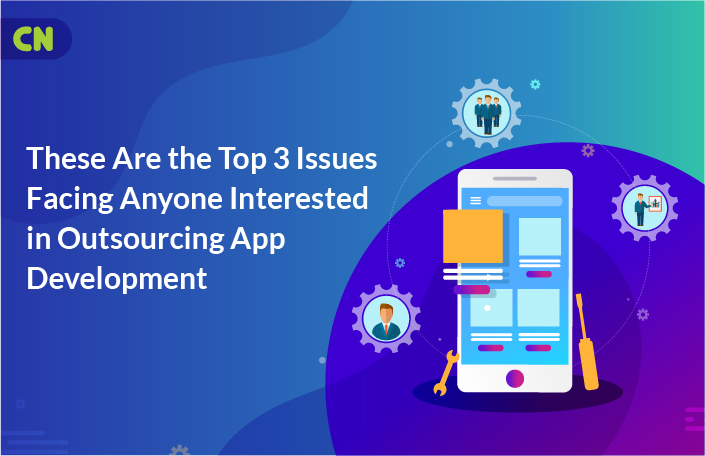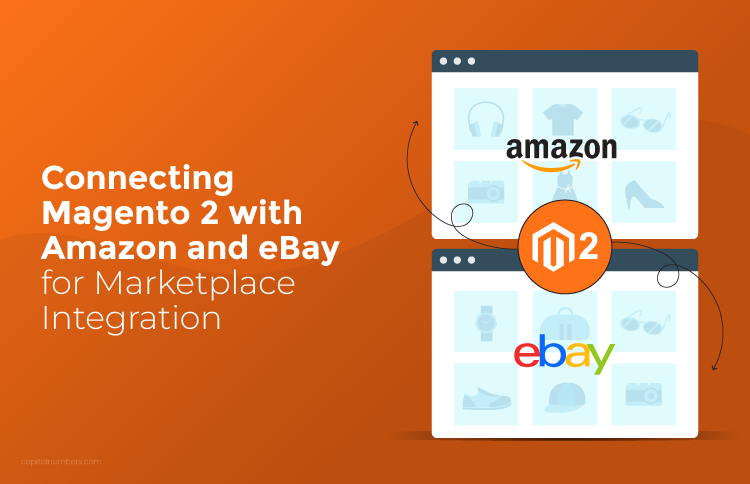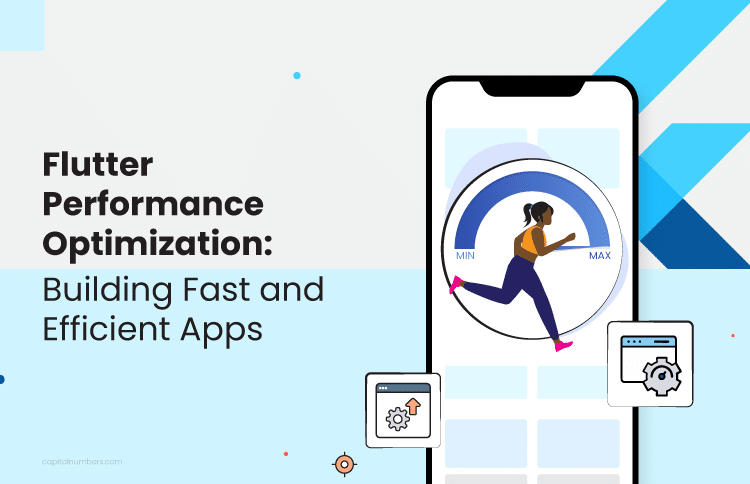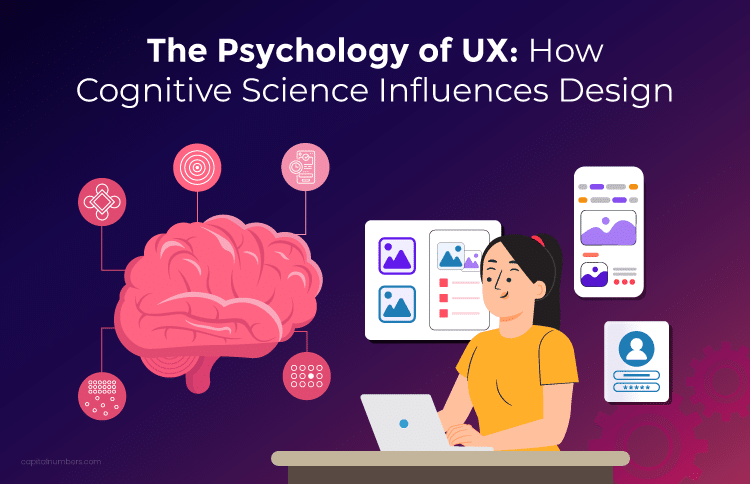These Are the Top 3 Issues Facing Anyone Interested in Outsourcing App Development
Table of Contents
Developing a proprietary app is a great way to stay connected to your customer base, monetize a new section of your market, and introduce new customers to your brand.
But if you haven’t at least started development on your new app, you’re falling behind… because your competitors have cracked the code to developing and monetizing apps and are now reaping all the benefits.
The most common objections to app development are that you don’t have a developer or your in house developers are tied up in other projects, or you can’t afford to bring on a developer to fill this role.
But actually, those objections are deceiving. You can outsource your development for a third of the cost and a faster timeframe.
Outsourcing is a lucrative and easy move. Done right, outsourcing is your hidden advantage — offering a way to monetize and connect with your market, even if you don’t have much time and you’re on a shoestring budget.
But as with any venture, developing an app can get complicated if you take the “throw it over the wall” approach or you don’t know how where to start with outsourcing.
So if you’re interested in doing this, but want to go about it the right way, keep reading…
- Consideration 1: Developer Specialization
You can hire a specialized developer who is an expert in the type of app you want to develop. This is a very common way to go about development, as a specialized developer can potentially speed up the process and deliver a product that gets it right the first time.
The other option is to hire more of a “generalist” — a developer with a lot of shallow experience in several different areas.
The drawbacks of the specialist will mostly lie in their willingness to work within your specific parameters. Experts who have already shipped several apps and gotten feedback will be entrenched in their particular way of doing things — they might not be as receptive to your specific parameters.
While it might be a good idea to use them for their expertise, you’ll have to make sure they’re listening to you and not trying to repeat their previous successes in a way you didn’t ask for.
On the other hand, a generalist might be more creatively receptive and prone to work on your unique vision. While a generalist might take some more time to do the actual work, they’ll probably be more willing to help you realize your specific goal, even if it. Takes a little longer.
The expertise of the specialist or the creativity of the generalist… the decision is up to you.
- Consideration 2: Teams, Project Management, and Infrastructure
What sort of app do you need?
The answer to this question will determine the level of project management needed to develop it. For example — if you want a simple app that you might give away for free as an introduction to your brand, the process will be less intensive. However… if you want an enterprise-level app that needs to perform without interruption for an entire company, the process will longer and more involved.
Robust apps require robust project management and infrastructure. Some apps will require multiple teams, or a single large team, to develop. You will likely need a project manager, a team lead, designers, developers, and testers.
In other words, check on potential development partners to make sure if their project management and infrastructure can handle your requirements. What processes do they have in place to prevent delays?
A single developer will take longer to deliver your app. If they need to take some days off, get sick, or decide to quit, then your project will stall and run the risk of getting caught up in the middle of development. We’ve had to rescue multiple projects from other developers which were stalled in the middle of work.
Again, if your app doesn’t need to be very powerful, you might not need such robust processes. However, enterprise-level development takes consistent, dedicated work to get right.
In addition to making sure their technical teams are equipped to handle such issues, you should also invest in making sure their project management systems won’t accidentally bottleneck your projects.
Further, ensure their infrastructure is set up to keep your projects secure and will keep operating even in the event of a power outage or internet failure.
- Consideration 3: Market Research and UX
Not all apps are created equal. Good ones are built to stay ahead of the competition and evolve with the changing needs of the marketplace.
The market for apps is so big, the size is hard to overstate — but that means competition is fierce. UX evolves so quickly, you might start to develop an app now that will become obsolete in a year. If you launch an app that isn’t up to date with the recent trends, you’ll be crushed by the competition.
So how do you overcome this hurdle? Simple.
Your development partner should already be invested in market and technological research which will ensure that your app keeps up. A good partner should actually suggest features which will allow your app to be a competitive “leader” in your niche.
The point is this: users are demanding a much more streamlined experience, and if you don’t offer them one, there’s a chance you’ll fall behind.
Conclusion
When you go to develop your apps, invest some time into considering not only your app development but WHO will be developing your app. Finding a good development agency will result in an app that meets your expectations… and it will also lead to a good working relationship in the future.
Here are a few key things to remember:
Decide whether to invest in a specialist or to work with a generalist. Make sure your development partner has the kind of robust systems in place, both in terms of project management and infrastructure, to develop the kind of app you need. Finally, ensure they’ve invested heavily in staying up to date on market trends and researching the latest advancements.

















